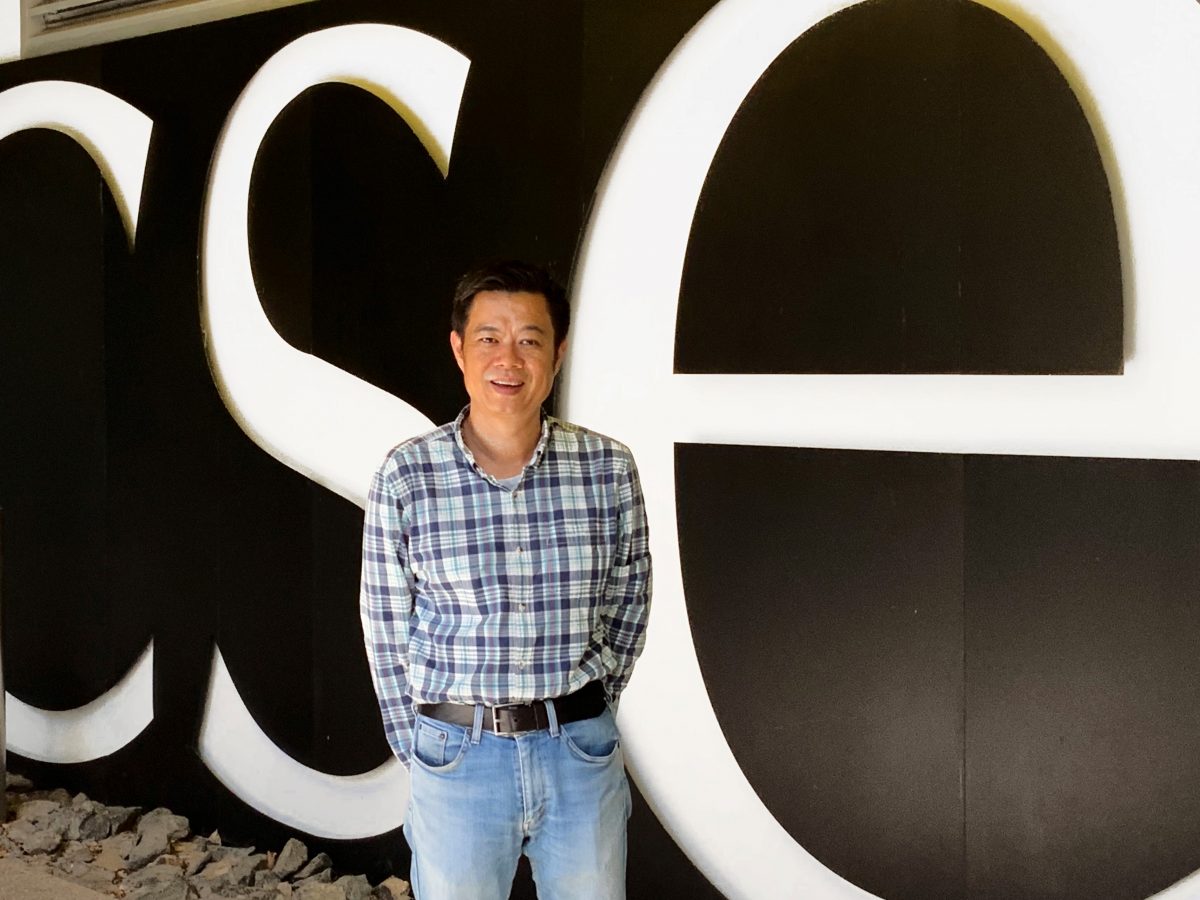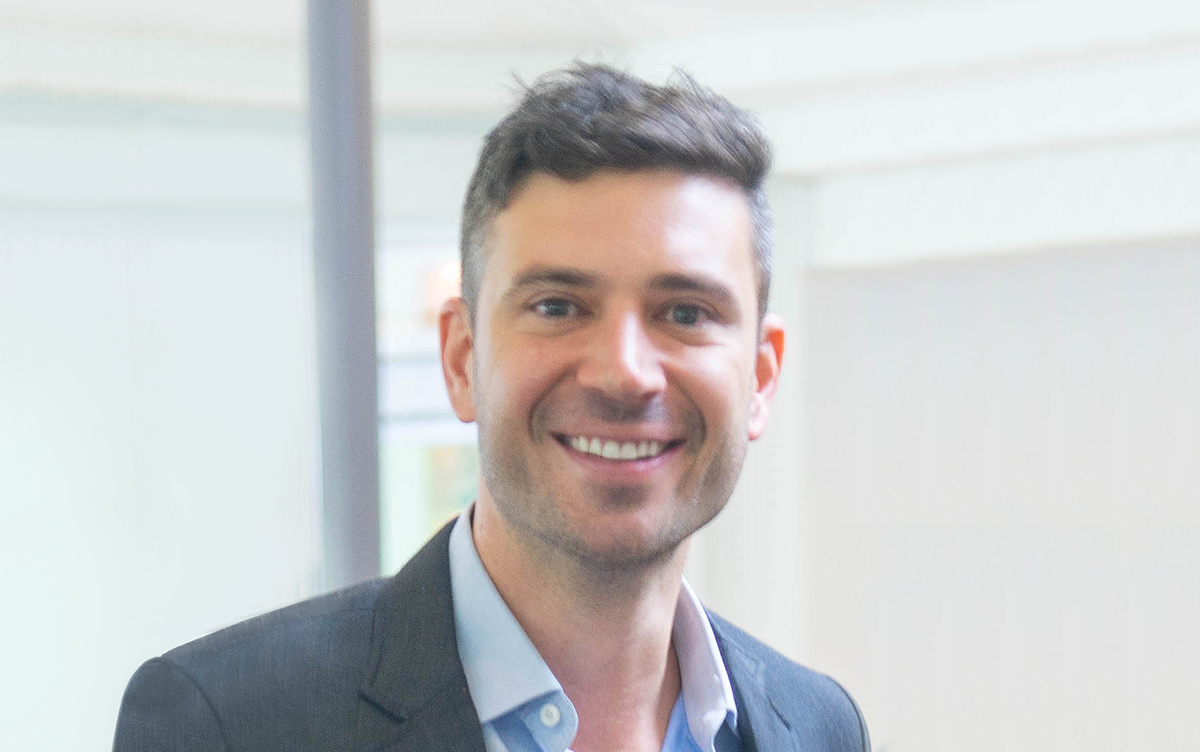Previously employed in the home automation industry, Mark Cardamis, UNSW PhD student attached to the ‘IoT for indoor cropping’ project, is keen on research with real-world application. This is why he’s returned to his alumnus and is working on a collaborative industry-led CRC project to develop machine-learning systems enabling growers to manage indoor crops from anywhere via smartphone.
In 2008, Mark Cardamis completed a Bachelor of Engineering with a Major in Mechatronics (First Class Honours) from UNSW Sydney. Back then, his research focused on control systems. Cardamis was awarded the RS Components Prize for Engineering Excellence for having the best performance in the final year of the Mechatronics program.
An aptitude for innovation
“An as engineer working in industry for more than 10 years, I developed a creative aptitude for innovation, solving real-world problems in a variety of industries,” Cardamis explains. “Having built a mini greenhouse prototype, I was looking to further develop a cutting-edge IoT system that could be used in smart farming applications.”
A key factor motivating Cardamis to join the CRC’s ‘IoT for indoor cropping’ project as a PhD student was the fact that the project is an industry-research collaboration.
“Having industry engagement and being able to have my research be tested on a live greenhouse will fast-track novel algorithms being deployed in other greenhouses,” he says.
Seeking sensing solutions for remote monitoring
As part of the project team, Cardamis is exploring new ways to measure crop attributes remotely.
“My current focus is on exploring mobile sensing solutions, such as radar, to remotely measure the crop,” he explains.
“There is a lot of information that can be gained by analysing the reflected signal, both about the environment and the surface it is reflected from. I am hoping to use some of that information to derive the condition of the crop.”

UNSW Sydney’s Associate Professor Wen Hu, Cardamis’ supervisor and lead on the ‘IoT for indoor cropping’ project: “We decided to appoint him to the position because Mark has worked in industry for over 10 years, with recent exposure in tech start-ups,” says Assoc. Prof. Hu. Image credit: Anthony Battaglia
Melding academic and commercial experience
Project lead and Cardamis’s supervisor, Dr Wen Hu, is an Associate Professor in UNSW’s School of Computer Science and Engineering, an expert in embedded sensor and IoT networks, and the research lead on the ‘IoT for indoor cropping’ project.
“Mark is investigating scaleable and efficient algorithms for large-scale networked embedded devices in future farms,” says Assoc. Prof. Hu. “We decided to appoint him to the position because Mark has worked in industry for over 10 years, with recent exposure in tech start-ups.
“Given his control background and interest in high-tech agriculture, he had a great blend of academic and commercial experience to design a novel algorithm and implement it in an experimental indoor farm.”
Learning from industry partners
There are many benefits for an early-career researcher in working on an industry-research collaboration, Assoc. Prof. Hu notes: they include gaining ‘hands-on’ experience in a commercial scenario, and the chance to help solve challenges with real-world applications.
“Having an early-career researcher being part of an industry collaboration helps bridge the gap between research and industry,” Hu says. “It enables the researcher to implement their specialised knowledge in real-world applications and drive innovation in their respective industry by being involved in a greater portion of the R&D life-cycle.”
Cardamis concurs: “Working with an industry partner has added another dimension to the research project,” he says. “There are discussions about commercial opportunities and how to implement your research in the field.
“With a focus on farmers and what they want, your research feels meaningful.”


